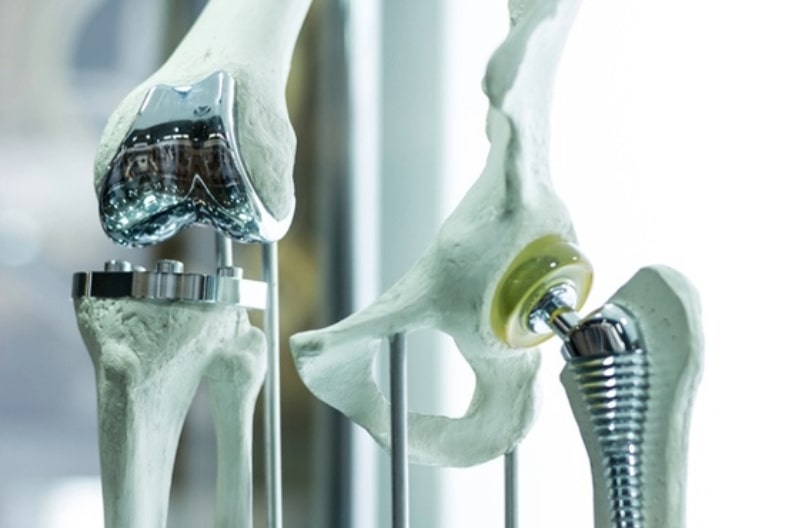Biomechanical Testing

Metals and alloys, ceramics, and polymers are used in the development of medical devices. Metallic implants used in the medical field have a regular and three-dimensional crystalline structure. They are produced for load-bearing purposes, such as hip and shoulder implants and fixation devices. Ceramic materials are widely used in dental implants. They are metallic and inorganic, and although they have high pressure resistance, they exhibit weak tensile properties.
Polymers, on the other hand, are organic materials. They are considered advantageous due to their controlled degradation rates and ease of production. At the same time, polymers can be used to create the desired shape for a specific application. However, when evaluated mechanically, their different degradation mechanisms, wear residues, and fatigue under constant loading are negative aspects.
Medical devices undergo numerous tests and checks before being made available for use in the healthcare sector. One of these tests is biomechanical testing. A biomechanical test checks an implant's ability to withstand tensile, compressive, and cutting forces, variations, and degrees of freedom, as well as the device's mechanical properties, such as elastic modulus, yield strength, and elongation at failure.
The Importance of Biomechanical Tests
Biomechanical tests are extremely important for determining the durability and functionality of medical devices. These tests are used to detect and improve potential errors during the design phase of devices. In addition, they simulate the physical and chemical effects that devices may encounter during their lifetime, thus ensuring user safety.
Objectives of Biomechanical Tests:
- Device Durability Assessment: Testing the durability of medical devices under various conditions ensures that the device will have a long service life.
- Performance Testing: The functionality and efficiency of the device are evaluated to demonstrate its effectiveness, especially in medical procedures.
- Safety Testing: Checking whether devices have any adverse effects on users is a critical step in preventing health risks.
- Examining Device Behavior Under Physical Load: Prosthetics and implantable devices, in particular, encounter physical load and stress when placed in the body. These loads can affect the device's functionality and safety.
It is important to work with expert teams and qualified laboratories to test and improve the quality and system performance of medical devices. As Nanolab Laboratories Group, we provide services for Biomechanical Testing of Medical Devices.

